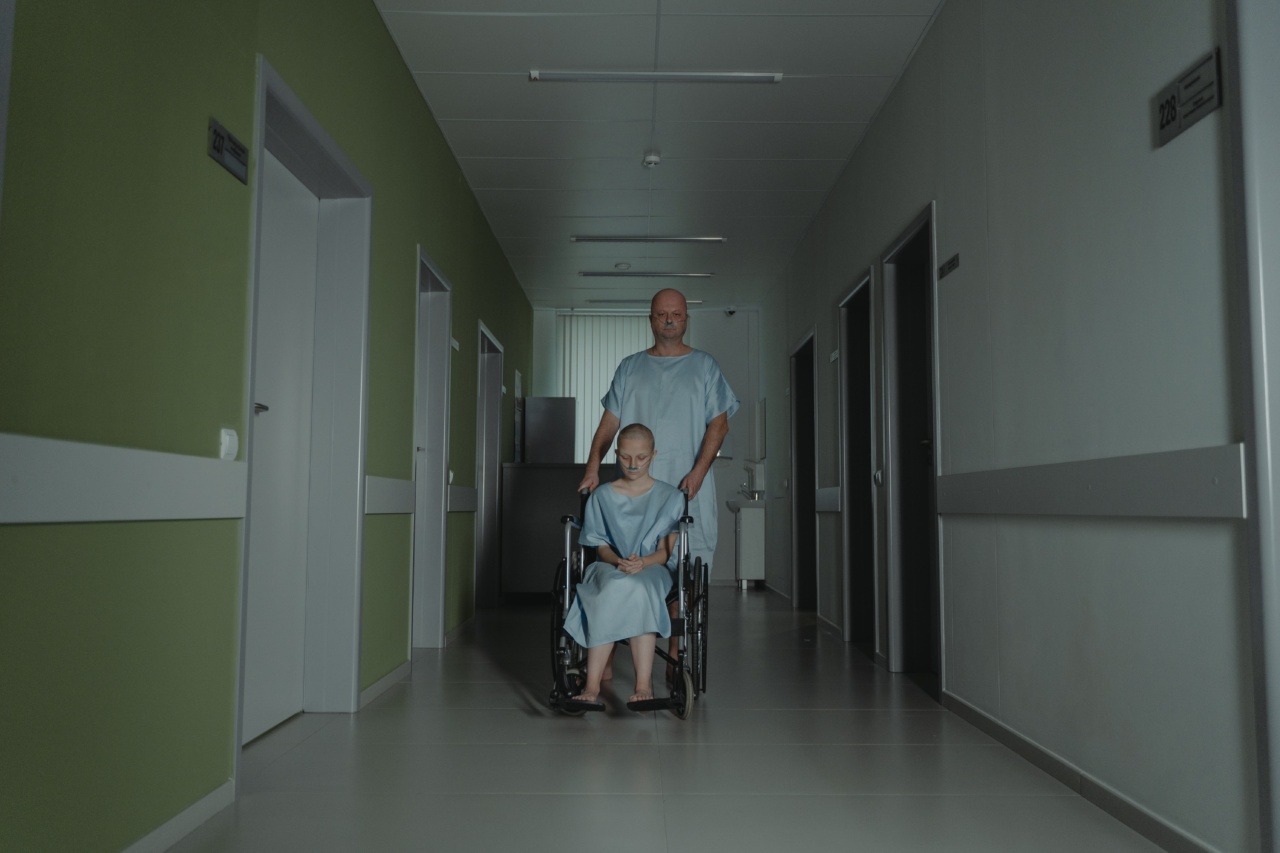Dealing with cancer is an incredibly challenging journey, not just for the patients but also for their carers. The physical, emotional, and psychological toll it takes can be overwhelming.
However, with the right strategies in place, it is possible to make life a little easier for both cancer patients and their carers. In this article, we will explore eight key factors that can significantly improve the quality of life for individuals battling cancer and the people caring for them.
1. Open and Effective Communication
Communication plays a vital role in providing support for cancer patients and carers. It is essential to establish open and effective channels of communication that allow for honest conversations about fears, concerns, and needs.
Clear and open dialogue helps ensure that both parties are on the same page and can address issues as they arise.
2. Establish a Strong Support System
Building a strong support system is crucial for cancer patients and carers alike. This may include family, friends, support groups, healthcare professionals, or community organizations.
Having others to lean on during difficult times can provide emotional and practical assistance, making the journey more manageable and less isolating.
3. Prioritize Self-Care
Cancer patients and carers often neglect their own well-being while focusing on treatment and caregiving responsibilities. However, it is essential to prioritize self-care to prevent burnout and maintain physical and emotional health.
Engaging in activities that promote relaxation, such as meditation, exercise, or pursuing hobbies, can provide much-needed respite.
4. Access to Reliable Information
Having access to reliable and accurate information about cancer, treatment options, and available resources is crucial.
Ensure that you and the patient have access to reputable sources, such as trusted medical websites or healthcare professionals, to make informed decisions and understand the cancer journey better.
5. Practical Support with Day-to-Day Tasks
Carers often take on additional responsibilities, including managing household chores, organizing medical appointments, and coordinating medication schedules.
Providing practical support, such as assistance with these day-to-day tasks, can significantly alleviate the burden on carers and allow them to focus their energy on providing emotional support to the patient.
6. Emotional Support for Cancer Patients
Emotional support is vital for cancer patients as they navigate the challenges of their diagnosis and treatment. Offering a caring and empathetic presence, active listening, and a non-judgmental attitude can make a significant difference.
Encourage the patient to express their emotions and fears, and provide reassurance and comfort when needed.
7. Respite Care for Carers
Caring for a cancer patient can be physically and emotionally draining. Providing regular opportunities for respite care, such as temporary relief provided by another family member, friend, or respite care services, can offer carers a much-needed break.
This allows them to rest and recharge, minimizing the risk of burnout.
8. Financial Guidance and Assistance
Cancer treatment can bring significant financial challenges, with medical expenses, increased utility bills, and potential loss of income due to treatment or caregiving responsibilities.
Offering financial guidance and assistance, such as exploring available grants, insurance coverage, or community support programs, can help alleviate the financial burden and reduce associated stress.
Conclusion
Cancer is a difficult path for both patients and carers. However, implementing these eight key factors can make life a little easier and more manageable.
Open communication, a strong support system, self-care, reliable information, practical and emotional support, respite care, and financial guidance are all essential components in improving the quality of life for cancer patients and their carers. By addressing these factors, we can create a more supportive environment and offer the necessary resources to navigate the challenges of cancer with strength and resilience.































